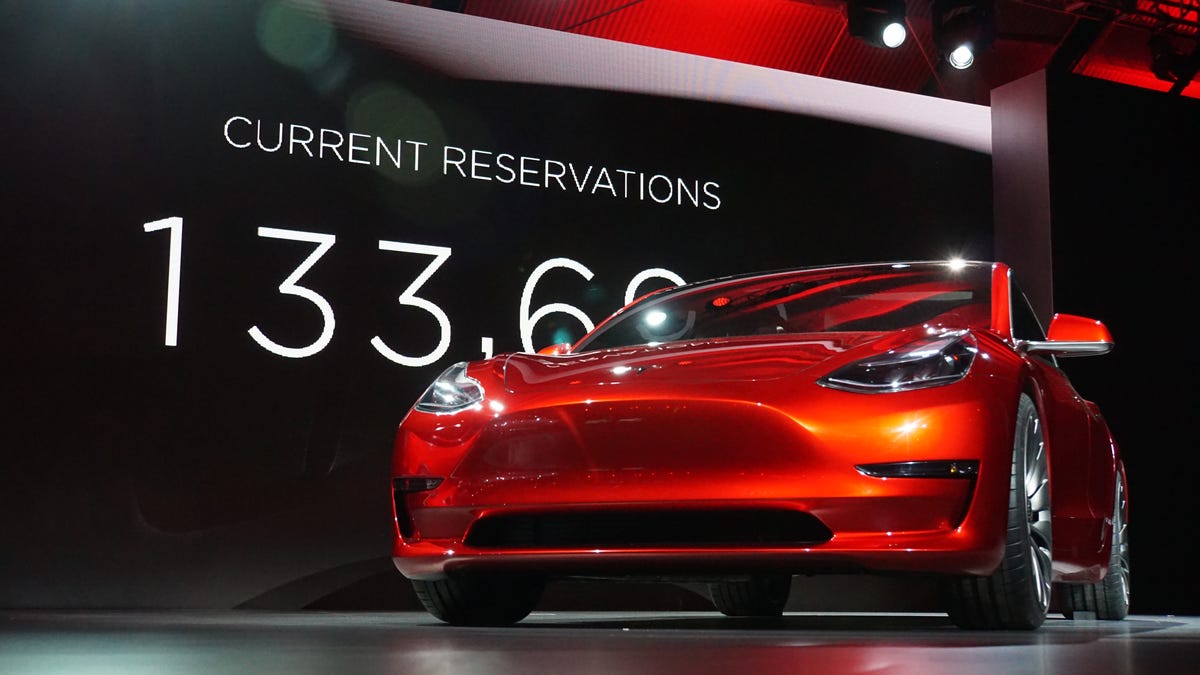Why your shiny new electric car might not come with a full $7,500 tax credit
Mo' popularity, mo' problems.

Automakers releasing electric vehicles like to talk about "post-incentive" pricing. After all, who wouldn't jump at the chance to knock up to $7,500 off a car's price? The US government offers a tax credit worth up to $7,500 when you buy an EV, but as with all things tax-related, the incentive is more complicated than it may seem. You may not save any money at all, never mind the full $7,500.
The government's incentive is designed to help spur production of alternative-energy vehicles. It's important to note that it isn't a point-of-sale deduction on the car's window sticker, but rather a dollar-for-dollar reduction of your income tax liability. So you won't technically save $7,500 on the vehicle's price, but rather save $7,500 on your taxes.
In fact, your vehicle might not even be eligible for the full credit. The credit applies to any vehicle with a battery larger than 5 kWh. You'll get $417 credit for that initial 5 kWh, plus an additional $417 for each kilowatt-hour above that. Tesla's 90-kWh battery would have been eligible for a $35,862 credit under this system, so the IRS capped it at $7,500. Since the threshold for battery capacity is so low, some plug-in hybrids are eligible for the credit, as well.
Now let's talk about limitations on this credit, because they won't last forever. Automakers can give out 200,000 full ($7,500) tax credits each, and a phase-out process begins once that number is reached. The IRS cuts the credit in half ($3,750) for the following two fiscal quarters, then halves it again ($1,875) for two more quarters. After a full fiscal year of phase-out, the credit disappears.
General Motors recently told me that it had sold approximately 100,000 credit-eligible vehicles already, split between the Volt, Spark EV and Cadillac ELR. Assuming that every buyer applied for a credit (in fact, not everyone bothers), that means there are roughly 100,000 full tax credits are still available for Bolt buyers. Automotive News used InsideEVs.com data to posit that Tesla's sold a bit over 70,000 eligible vehicles so far.
Over 300,000 people have already put down $1,000 deposits to reserve a Tesla Model 3, which has an after-credit base price of about $30,000. While some might be able to claim that full $7,500 credit, many more will have to make do with lower (or nonexistent) credits, which will push the car's bargain-basement price up near the $40,000 mark.

